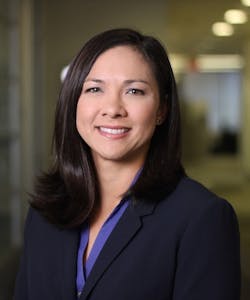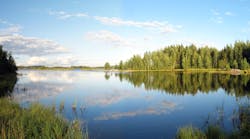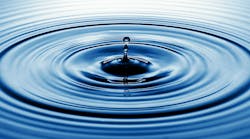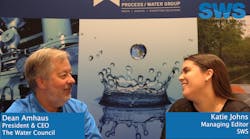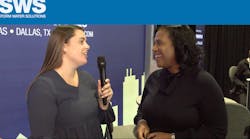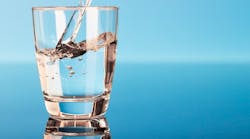*Editor’s note: Answers have been edited for clarity and length.
For the full interview, visit estormwater.com.
Kelly Shipley is a team leader and senior associate for LAN’s District Engineering Group, which focuses on utility, transportation and civil projects. She has more than 15 years of diverse engineering experience and works with municipal utility districts for the general Houston area. Her most recent endeavor includes working on the Exploration Green Project. SWS talked with Shipley about her experience in the storm water industry.
Cristina Tuser: How did you get started in your career?
Kelly Shipley: I got started in my career at LAN (Lockwood, Andrews and Newnam) actually. I’ve been at LAN since I graduated college from Texas A&M, and I’ve been at LAN for 16 years now. It’s been the same group and same boss my entire career. They haven’t given me a reason to leave, and I’ve enjoyed it, and I continue to stay at LAN. I love it, so I have no reason to leave.
CT: What was your experience like working on the Exploration Green project?
KS: It is a series of five detention ponds that are all tied together to help improve the storm water flooding in Clear Lake City Water area. Clear Lake City was built in the 1960s, and so at that time, there wasn’t a detention policy in place. And so urban sprawl happened, and at the time it wasn’t required that they really planned for managing storm water the way I think we do today. And so like a standard master plan community, there was a golf course that was built through the development, and it was Clear Lake City Golf Course. Well, the golf course went out of business, and they were shopping the business to some developers, and many of the residents around the golf course were very concerned about increased runoff that would happen from any development that would happen. They were experiencing a lot of flooding, just from various storms they’ve had over the years.
I really got involved when the design started, when we started the design of Phase 1. We sort of broke the phase 1 up into multiple phases so that we could get a sense as to what it was going to cost and what it was going to look like for the community, and it was almost like a case study for them. During the phase 1 construction, we were about 80% done with digging out the pond when Hurricane Harvey hit, and so luckily the contractor had already installed the spillway and what not, and in a sense, other than it not being at full capacity yet, it was able to operate as a detention pond, as we designed it. You design for these disasters, but hopefully you never have to see it happen. It weathered the storm.
CT: What is the biggest aspect of growth in yourself in being part of this project and team?
KS: Probably learning patience; it’s probably one of the biggest things. Most of the projects that we do, just by the nature of them, are very short-term. We usually will design and construct a project in less than a year. This project has been going on for eight years, I think now, maybe longer. We go through these cycles of “hurry up” and “wait” and then there’s other challenges that have come up, where I just want to go and get a project done. Yet, there are other parts that are outside of my control, that we have to work through.
CT: In a male-dominated industry, what has your experience been like?
KS: I’ve been very fortunate to not have any challenges because I’m a female. If they exist, they have not been known to me. LAN does a good job of promoting anyone who is worthy of a promotion, whether it is male, female, whatever. I’ve been able to progress in my career without anything in my way regarding the fact that I’m a female. I’ve never felt like I was held back because I am a female, which I think is hopefully becoming the norm for the entire industry, so I’ve been lucky.
We’re seeing so much growth mindset where it doesn’t matter if you are male or female — if you can show that you can get the job done, then you are the best person for the job.
CT: What are some misconceptions about your role and the industry itself?
KS: I think there’s a misconception that if I’m female, I’m in my position because I’m heartless or cold or I’m more "male." You don’t have to lose your identity of who you are to be able to succeed at your job. I can still care about you and have a softer side to me and still be able to be successful. It’s empathy.
CT: What advice do you have for women in the industry?
KS: Don’t let anything hold you back, don’t let people tell you no.
About the author:
Cristina Tuser is associate editor for SWS. Tuser can be reached at [email protected].
